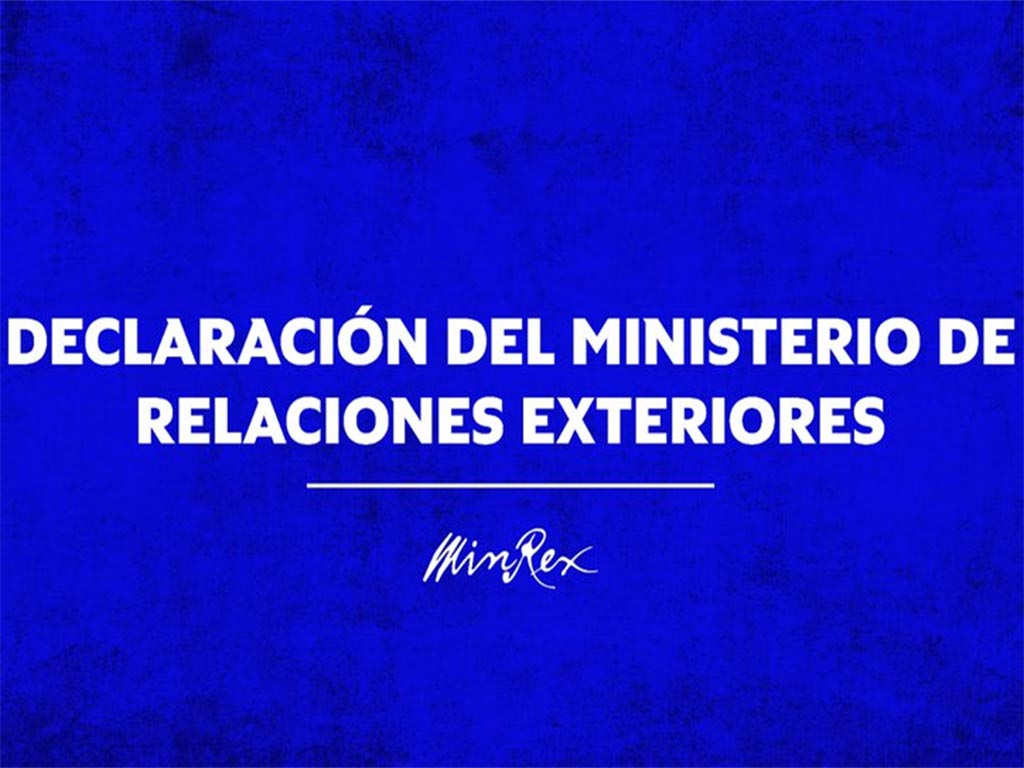The Cuban Ministry of Foreign Affairs denounced the application of the United States blockade in Argentina against the Cubana de Aviación airline, determining the suspension of the aforementioned company’s flights to and from that country.
In a statement issued this Tuesday, the Ministry indicated that in March 2024, the company Yacimientos Petrolófilos Fiscales S.A. of Argentina informed Cubana de Aviación of its refusal to continue supplying fuel to its aircraft, in application of the United States blockade of Cuba.
The company looked for other alternatives to maintain operations that were already planned and authorized by the Argentinian National Civil Aviation Administration, and not affect passengers, through contracting other airlines.
The Head of the Cubana de Aviación Unit in Buenos Aires met with high-ranking managers from the transportation and civil aviation area of Argentina to find a joint solution. However, he did not receive a satisfactory response that would ensure the sale of fuel.
As a result, Cubana de Aviación has been forced to suspend regular flights between Cuba and Argentina, which had been maintained for 39 years.
By complying with the US blockade of Cuba, the Argentinian company violates its national legislation, which declares devoid of legal effects any foreign law seeking to generate extraterritorial effects through an economic blockade or limitation of investments.
Furthermore, in addition to causing damage to Cubana de Aviación, failure to comply with the contract will harm Argentinian citizens themselves and other travelers, including those who had air tickets purchased to and from Cuba.
The Foreign Ministry recalled that aviation, like all other Cuban sectors, has been hit hard over the years by the economic, commercial and financial blockade measures.
This has generated, for example, million-dollar losses for the Cubana de Aviación company, due to the cancellation of aircraft leases, the closure of bank accounts and commercial operations, and the impossibility of accessing loans from international banks to provide maintenance and repair of its fleet. Nor can it buy aircraft, as the country cannot access means and equipment that contain more than 10 percent of components of US origin, which also affects domestic air transportation.
All of these effects have been aggravated by the inclusion of Cuba in Washington’s list of countries that supposedly sponsor terrorism. In this context, Cuba will continue to denounce cases of extraterritorial application of the blockade and demand the end of this policy.


